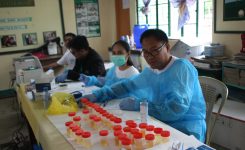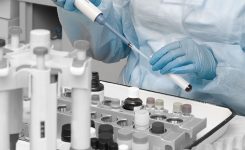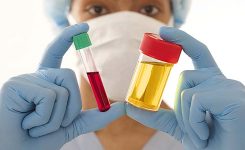Blog
Blood Test to Detect 8 Cancers Before Symptoms Appear
In what can be only described as one of medical history’s most ambitious researches, the scientists from Johns Hopkins University School of Medicine are now on the trial stage of developing the world’s first blood test for cancer.
Named as CancerSEEK, this blood test will detect 8 types of cancers: ovarian, liver, stomach, pancreatic, oesophageal, bowel, lung and breast. If successful, the blood test will be able to screen cancers before their symptoms can occur. Early diagnosis significantly raises the treatments’ effectivity. It should also be noted that 5 out of the 8 mentioned cancer types presently have no screening programs for early detection.
How It Will Work









